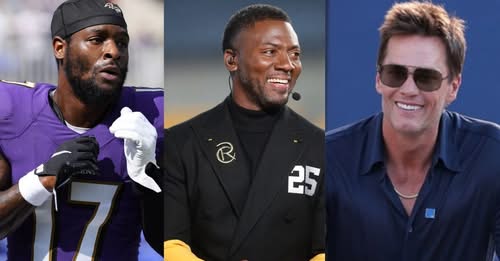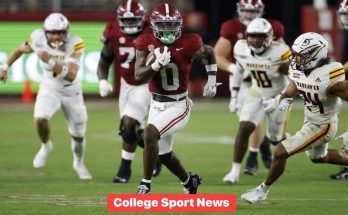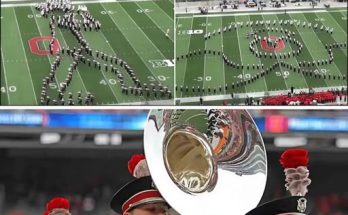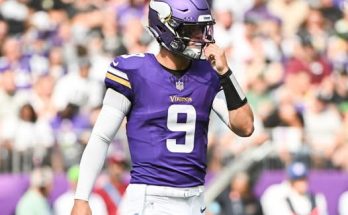Former Pittsburgh Steelers running back Le’Veon Bell has publicly criticized ESPN analyst Ryan Clark, accusing him of racial bias following Clark’s controversial remarks about NFL quarterbacks Tom Brady and Drew Brees. On a recent episode of ESPN’s “First Take,” Clark stated that Brady, Brees, and Peyton Manning were not “generational talents,” a comment that sparked significant backlash from fans and analysts alike. Clark argued that quarterbacks like John Elway and Patrick Mahomes possessed extraordinary natural talent, whereas Brady and Brees achieved success through work ethic and intelligence (The Sun).
Bell responded to Clark’s comments by sharing a meme on social media that depicted Clark evaluating talent based on skin tone, suggesting that Clark’s assessment was racially motivated. The meme featured a color chart with labels “not generational” and “generational,” humorously implying that Clark’s judgments were influenced by racial bias. Bell’s post quickly gained attention, with many agreeing that Clark’s remarks were dismissive of the achievements of Brady and Brees (Sportskeeda).
The controversy intensified when the New Orleans Saints organization responded to Clark’s comments by highlighting the statistical achievements of Brees, who ranks second in both all-time passing yards and touchdowns. The Saints’ social media team shared graphics showcasing Brees’ records, effectively challenging Clark’s assessment and underscoring the quarterback’s exceptional career (Fox News).
Analysts and fans have been divided over Clark’s statements. Some argue that Clark’s perspective distinguishes between natural talent and sustained excellence, suggesting that while Brady and Brees may not have had the raw physical attributes of some of their peers, their consistent performance and leadership were indicative of their greatness. Others contend that Clark’s comments were unnecessarily dismissive and failed to acknowledge the remarkable careers of these quarterbacks (OutKick).
In the wake of the backlash, Clark has faced increased scrutiny over his comments and past interactions. A previous incident involving a heated exchange with analyst Peter Schrager, where Clark referred to Schrager as a “non-player,” further fueled criticism of his conduct (New York Post). These events have led to broader discussions about the standards of professionalism and accountability in sports media.
As the debate continues, the incident serves as a reminder of the complexities involved in evaluating athletic talent and the potential influence of personal biases in such assessments. It also highlights the importance of maintaining respect and professionalism in public discourse, particularly when discussing the achievements of individuals who have made significant contributions to their respective sports.



